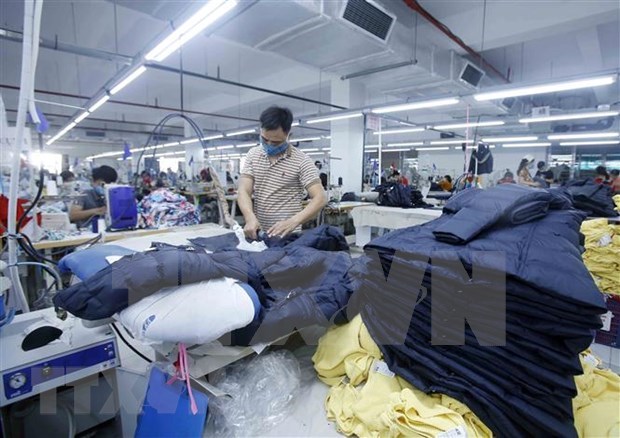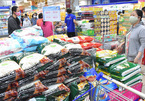 |
|
|
Co-hosted by the HCM City Centre of International Integration Support and the Ministry of Industry and Trade’s Asia-Africa Market Department last week, those at the conference discussed ways domestic enterprises could boost exports to ASEAN countries.
There is still plenty of room for Vietnamese goods to expand their foothold in the region, said Nguyen Phuc Nam, deputy head of the Asia-Africa Market Department.
Indonesia, Thailand, and the Philippines are now Vietnam’s top markets in ASEAN. While Thailand primarily imports dried fruit and garments, Indonesia and the Philippines mostly purchase power generators, water pumps, electrical appliances, and telecom products, Nam said.
ASEAN remains the largest importer of Vietnamese rice, with the Philippines leading the way, he continued. Rice exports from Vietnam to the bloc stood at 1 billion USD last year and are expected to rise further in the time to come, driven by COVID-19.
Vietnamese seafood, coffee, and fruit all hold substantial potential to gain broader access to ASEAN, he added.
However, most Vietnamese exporters to ASEAN are small and medium-sized enterprises using old technologies that are only suitable for shipments to relatively undemanding markets like Laos, Cambodia, and Myanmar, according to Vice Chairman of the HCM City Union of Business Associations Pham Ngoc Hung.
In regional markets with higher standards, such as Thailand and Singapore, Vietnamese goods face stiff competition from China, Japan, the Republic of Korea, and India, he said.
Vietnamese enterprises are yet to pay sufficient attention to ASEAN markets, though they are now offered various preferential customs duties and can benefit greatly from geographic proximity, he noted.
He added the pandemic caused Vietnam’s exports to ASEAN to plunge 13.4 percent in the first half of this year.
A view widely held among experts at the conference is that Vietnamese enterprises need to restructure their product portfolios to match the new circumstances and at the same time must improve product quality by using modern technologies.
Truong Xuan Trung, chief of the Vietnamese trade office in Indonesia, suggested Vietnamese enterprises expand distribution channels through local networks of wholesalers in order to gain easier access to local markets and save costs.
They are also advised to keep in close contact with Vietnamese trade offices in ASEAN markets to receive support and consultation in terms of local policies, procedures, and customs clearance, according to Trung./.VNA

Vietnamese enterprises encouraged to focus on home market
Focusing on the home market is one of the important solutions that will help enterprises restore production and business after Covid-19 ends, experts say.

ASEAN seeks to boost intra-bloc trade
Enhancing intra-ASEAN trade and investment towards a cohesive and responsive ASEAN is one of the shared topics by many regional officials, researchers and policymakers.